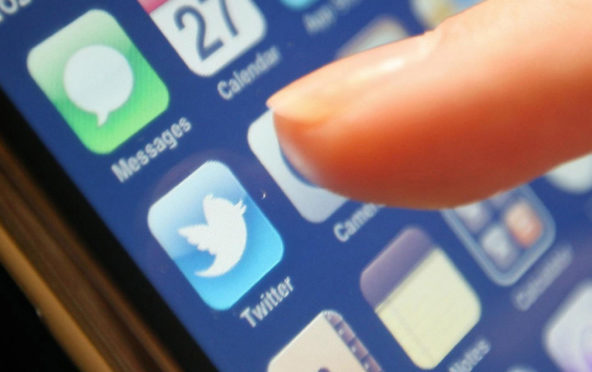If your house was on fire and you were running for the door, what’s the first thing you’d grab?
Answers to that vary from person to person. After securing family and pets, I’d pull art off the walls and I know anyone reading this will have their own treasures that would be top of mind.
But one thing in almost everyone’s top ten of items to save is their mobile phone.
I hate my bleeping phone but I can’t live without it. My left trouser pocket feels empty without it and my day falls to pieces if it isn’t reminding me about meetings and kids’ sporting activities.
It’s a lifestyle aid, too. My phone contains almost all of my music, much of my reading material, my two favourite radio stations, four excellent podcasts, three distinct television services, two repositories of photographs, 12 store cards, several specific payment methods and an app that reminds me to put my bins out.
Add to this the wonderful idea that, if I switch devices, I can use cloud storage to reconnect to all these services and, grudgingly, I must accept my mobile phone may be expensive and annoying but it is essential.
It is no less essential for people who are struggling with poverty, chaos and other challenges.
I was interested to hear about an initiative by the Edinburgh charity Streetwork that helps homeless people charge their mobiles. It says rough sleepers often have phones but can’t charge them, so it is giving out power packs printed with numbers for important services.
I noted some cynical social media comments about homeless people being able to afford mobiles. There’s similar discussion when refugees are shown in the media to have phones, pretty much: “How dare poor people own such a thing?”
Quit it. I’d argue that, if you can’t have a home, your first purchase should be a mobile. We store our lives in our phones, and everybody’s entitled to a life.
If your house is on fire, in real life or metaphorically, grab what you need.










